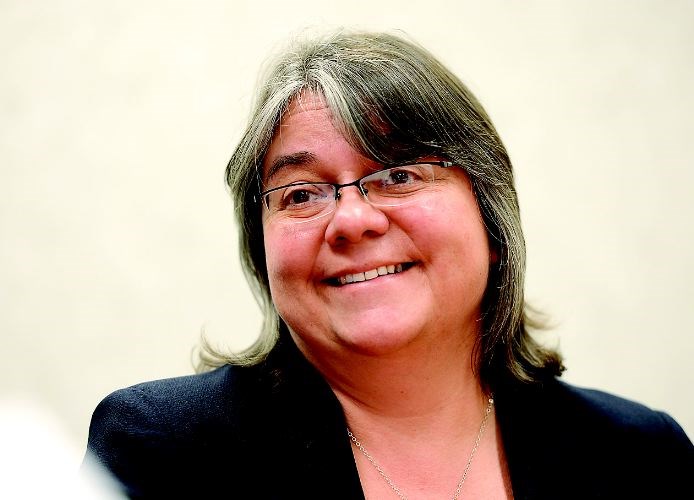Parents and guardians in British Columbia have been invited to agree to vaccination against HPV infection for girls in Grade 6 to 9 and for some boys.
The HPV vaccine is safe and effective.
We encourage parents and guardians to sign the consent form so that the children may receive the HPV vaccine at no cost.
The HPV vaccine is highly effective in preventing infection. It is important to prevent HPV because this infection can lead to cancer. To prevent infection, the vaccine must be administered prior to infection. Because HPV is transmitted by sexual activity, it is important to administer the vaccine prior to sexual debut - in other words, to children.
HPV vaccines have been shown to reduce HPV infection and will be shown to reduce the incidence of HPV-associated cancer deaths.
It is true that abstinence prevents sexually transmitted disease but only provided that there is no sexual touching of any kind. A woman who has been abstinent in this way can nevertheless be infected by HPV if she marries a person who has not been abstinent and who has HPV infection. Approximately 75 per cent of the Canadian population has HPV. Moreover, a survivor of sexual assault can contract HPV from the assailant. Consequently, the notion that abstinence is a viable method to prevent HPV infection is not attainable in practice.
Because HPV can affect many parts of the body including a woman's cervix, treatment can be necessary to avoid cancer. This medical treatment can render her cervix incapable of carrying a pregnancy to term. Therefore, a woman who contracts HPV and receives treatment for the lesions that this virus causes could give birth early creating significant risks to the baby's life and health.
Clearly, it is wise to prevent HPV infection by vaccination to protect the health of girls and women and any children they might have. HPV vaccine is also important for boys. Providing access to vaccine in school-based programs is the most just and effective strategy to prevent infection and disease.
The HPV vaccine does not change children's behaviour. It does not induce sexual activity or communicate that such activity should take place. Multiple peer reviewed medical studies have empirically proven this point. For example, Emory University health scientist, Robert Bednarczyk, and colleagues have presented strong evidence that HPV vaccine administration does not change children's behaviour.
The HPV vaccine is highly recommended by major Canadian health organizations: for example, the Canadian Medical Association, the National Advisory Committee on Immunization, the Society of Obstetricians and Gynaecologists of Canada, the College of Family Physicians of Canada, the Canadian Paediatric Society, and the Canadian Pharmacists Association.
The Vatican does not ban or oppose the HPV vaccine. Indeed, the HPV vaccine program is consistent with his advice and direction. Pope Francis has encouraged people to adopt the role of "protector" stating that this "means protecting people, showing loving concern for each and every person, especially children ..."
Helping children to avoid an infection that can lead to cancer is a goal which adults share. Parents today have an opportunity unavailable to parents 15 years ago - to sign a consent form to help their children avoid some forms of cancer. Unless your child's doctor says that your child is in the very small group who, for medical reasons, should not receive the HPV vaccine, then we encourage parents and guardians to help their children receive the HPV vaccine.
Dr. Sandra Allison,
chief medical health officer,
Northern Health, Prince George
Dr. Sheona Mitchel,
obstetrician gynecologist,
University Hospital of Northern B.C., Assistant professor,
Northern Medical Program,
Prince George
Dr. Kasandra Joss,
general medical practitioner,
Prince George
Dr. Trisha Goodman,
general medical practitioner,
clinical associate for the
University of British Columbia
Department of Family Practice,
Prince George
Dr. Heather Smith,
community health, Prince George
And 39 other members of the
Canadian Alliance to
Support Immunization



